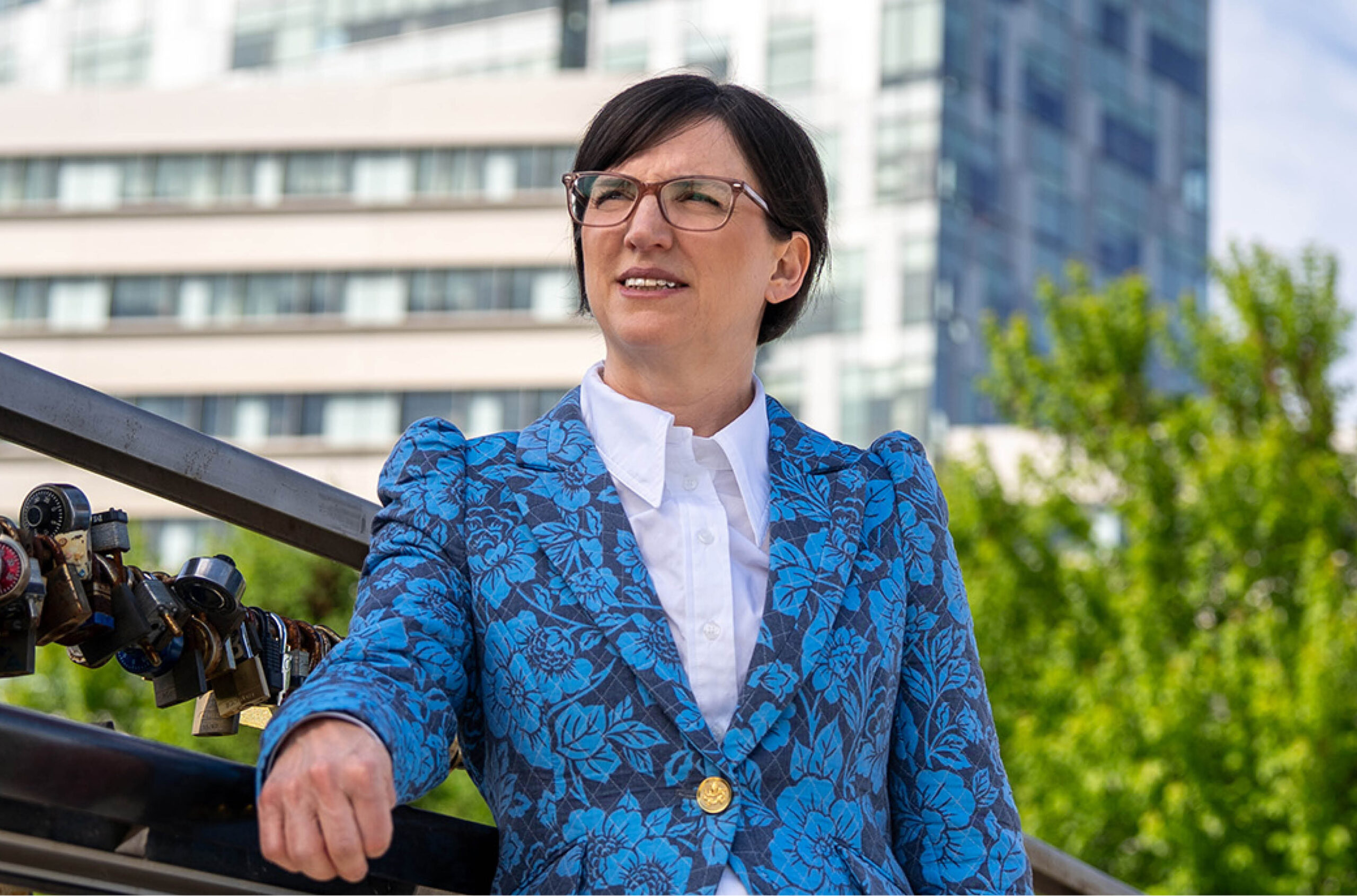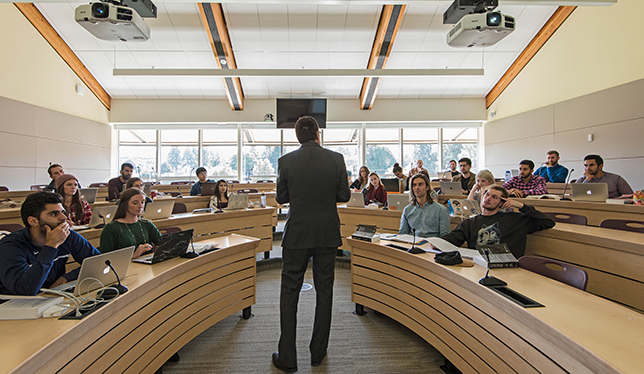The impact of financial technology on student recruitment
Universities are increasingly looking for ways to improve their operational efficiencies and make financial savings.

In this digital age we’re becoming used to new and improved ways of paying for everything – whether that be a morning coffee, or something more substantial such as a mortgage.
One particular sector that has faced challenges with these payment innovations is the higher education world, specifically when supporting the growing number of international students wanting to pay their tuition fees using payment methods that may not be common in North America, like Alipay which is common in China, or NetBanking in India.
In 2017, Western Union organized focus groups comprised of international students. They revealed that many students were put off by the tuition payment process because they simply couldn’t use the university’s preferred payment method in their region. Research[1] also showed that Canadian universities were grappling with the same issue – almost half (49 percent) of higher education institutions in Canada are unable to offer a convenient payment method for international students, with 40 percent stating negative feedback from students was a challenge in international tuition acceptance. This friction can ultimately have a negative impact on student experience at the university, while also burdening the university finance teams with additional admin and stress.

Western Union is taking steps to try to solve this issue, and are constantly innovating to offer the best, most trusted online payment methods to students and educational institutions around the world. The WU® GlobalPay solution, a secure Web application, enables postsecondary institutions to gain access to the processing tools needed to accept a variety of global payment options.
GlobalPay offers certain e-wallet payments and, in some cases, credit card payments so that international students can pay their tuition fees via their mobile phone, or online, if needs be. This makes it easier for students to pay in a familiar way, and it also helps to make the reconciliation and processing of payments simple for the university’s finance departments. By doing this, Western Union is complimenting the university’s growth strategy so it can work to increase and diversify the number of international students studying there.
The need for the right payment technology will only become more important in years to come, as there has been a steady increase in the number of international students studying abroad in recent years – in particular from China (eight percent increase since 2015) and India (55 percent increase since 2015).
It’s clear that this increase is being felt in Canada too – there’s been a 119 percent rise in international students since 2010, and these institutions expect this to continue over the next five years.
To support this shift, Western Union Business Solutions has expanded the partnership with one of India’s leading online banking solutions – NetBanking – to ensure these students can pay their tuition fees seamlessly. Also, to address the demand from Malaysia, Indonesia, Vietnam, and Brazil, we’ve recently expanded the GlobalPay for Students platform in these markets so that students can pay their fees online and in their local currency.

Digital payments may not only provide students with a better, more flexible service, but there is also a tangible business benefit for universities using innovative payment platforms. In Canada alone, an average of 83 working days (per institution) a year may be lost to matching, processing and reconciling these payments[2].
What’s clear is that the digital economy is continuing to transform the education sector, as well as consumer expectations, and universities are increasingly looking for ways to improve their operational efficiencies and make financial savings, while still attracting the best talent in this challenging environment. Fintech offers a wealth of solutions.
By partnering with an innovative payments partner now, higher education institutions can work to future-proof themselves for years to come, not only making them more efficient and cost-effective, but the digital foundation and seamless user experience can also help attract some of the best talent to their doors.
[1] The study was conducted by OnePoll on behalf of Western Union between September 6, 2017 – September 22, 2017 and polled those with finance and admissions responsibilities in Canadian universities/higher education institutions
[2] Figures from OnePoll study referenced above





Post a comment
University Affairs moderates all comments according to the following guidelines. If approved, comments generally appear within one business day. We may republish particularly insightful remarks in our print edition or elsewhere.